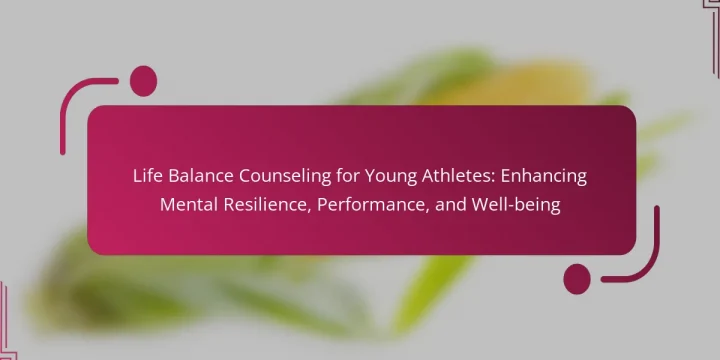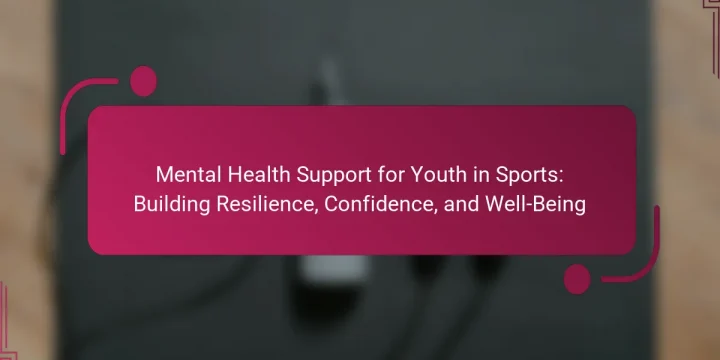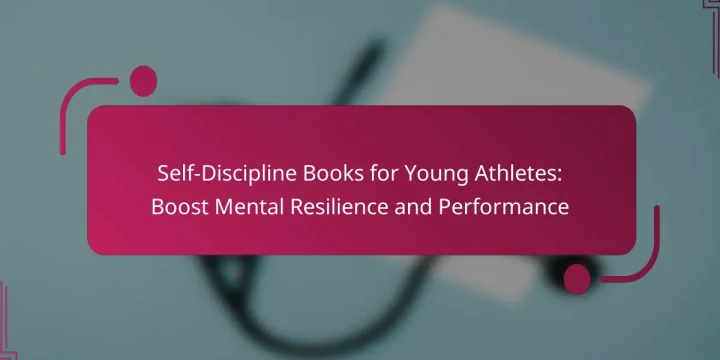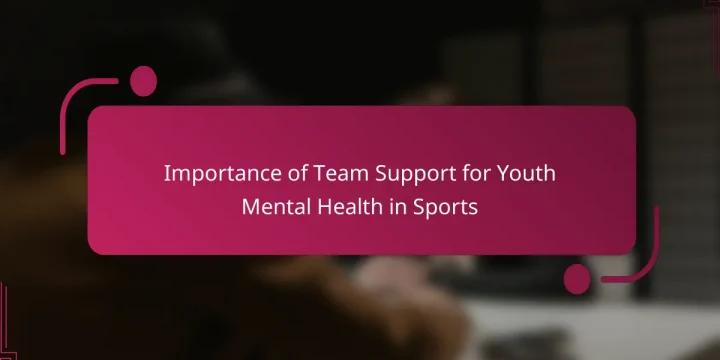
Life balance counseling for young athletes enhances mental resilience, performance, and overall well-being. This approach addresses competition stress, time management, and emotional stability. It integrates psychological strategies to help athletes balance sports and personal life. Effective counseling leads to improved performance metrics and reduced burnout, ensuring a positive athletic experience. What is Life Balance Counseling for Young Athletes? Life balance counseling for young athletes focuses on enhancing mental resilience, performance, and overall well-being. This approach addresses the unique pressures young athletes face, including competition stress and time management. By integrating psychological strategies, athletes learn to balance sports with personal life, fostering emotional stability. Studies show that effective counseling can improve performance metrics and reduce burnout, highlighting its importance in athletic development. How does it differ from traditional counseling? Life balance…








